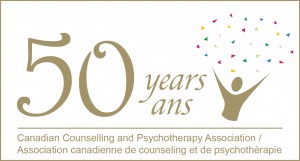 Where do you spend most of your time? I don’t know about you but I spend it at work. Don’t we all spend more of our waking hours at work than anywhere else? Wouldn’t it be great if our workplaces were places where mental health and wellbeing was a priority?
Where do you spend most of your time? I don’t know about you but I spend it at work. Don’t we all spend more of our waking hours at work than anywhere else? Wouldn’t it be great if our workplaces were places where mental health and wellbeing was a priority?
The statistics on workplace mental health issues are sobering. According to the Mental Health Commission of Canada, in any given week close to 500,000 Canadians will miss work because of a mental health concern or illness. 30 % of disability claims in Canada are related to mental health issues. The cost to the economy is in the billions. The cost in human terms is incalculable. Much of this could be avoided by ensuring our workplaces are mentally healthy places to be.
How do we go about doing that? In January 2013 Canada launched The National Standard of Canada for Psychological Health and Safety in the Workplace (the Standard) is the first of its kind in the world. “The Standard is a document that outlines a systematic approach to develop and sustain a psychologically healthy and safe workplace. It focuses on mental illness prevention and mental health promotion. The Standard is intended for everyone, whether or not they live with a mental illness”. [1]
The Mental Health Commission has resources, evaluation tools, webinars and video testimonials from champion organizations that have adopted the Standard. It’s practical and offers sensible easy suggestions for implementation.
*The views expressed by our authors are personal opinions and do not necessarily reflect the views of the CCPA






